Almost 97% Afghans stare at poverty amid grim economic prospects: Gallup
Nearly eight months after the Taliban’s sweeping takeover of Kabul and botched exit of the US-led allied forces, Afghanistan’s economic prospects remain grim, says leading analytics and advisory firm.
Almost 97 percent of Afghans face the prospect of living below the poverty line by mid-2022, according to the latest Gallup data from the crisis-stricken South Asian country.
The data, published on Monday, shows more than 94 percent of Afghans rating their lives poorly enough to be considered suffering, the highest level measured for any country since 2005.
It says the people of Afghanistan are “universally struggling to get by on their household income” with most of them “finding it difficult to afford food”.
According to how Afghans rated their current and future lives in the survey, Gallup has classified individuals as ‘thriving’, ‘struggling’, or ‘suffering’.
Based on the study, conducted after the US withdrawal in August last year, 96 percent of women in the country are considered to be suffering compared to 92 percent of men.
Afghan women are shown to be more pessimistic than men about their future prospects. When asked how they would rate their lives in five years on a scale of zero to 10, the average score for men was 2.1 in 2021, while for women it stood at a low of 1.8.
Regarding the income level, none of the respondents at any income level rated their lives highly enough to be considered thriving. The entire nation has been experiencing dire conditions, the study noted.
The majority of Afghans (87%) said they were finding it "difficult" or "very difficult" to get by on their present household income.
It further said that an estimated 95% of Afghans did not have “enough to eat or enough money for food”, with food prices shooting up.
“At the time of the survey, three in four Afghans (75%) said there had been times in the past 12 months that they did not have enough money for food,” the study report said.
“This is the highest level in Gallup's trend since 2008”.
The economic situation and overall living conditions have alarmingly deteriorated in the landlocked country since the chaotic US withdrawal, which was followed by the freezing of Afghan assets.
Soon after the Taliban laid siege to Kabul, the US and its international partners raced to cut off Afghanistan’s access to international aid and froze roughly $10 billion in assets belonging to the country’s central bank.
The move triggered the rapid collapse of public finances and precipitated the current crisis. European Union also then followed the suit, stopping development assistance to the country, followed by the International Monetary Fund and World Bank.
In February, US President Joe Biden signed an executive order saying half of the frozen assets from Afghanistan's central bank were to be reserved for victims of the September 11, 2001, terror attacks.
Despite the intense lobbying by present rulers in Kabul, the US and its allies have refused to release the funds, paving the way for the worst humanitarian disaster.
'Next to impossible' to rescue patients from Gaza's Kamal Adwan Hospital: Director
VIDEO | Vietnam current prosperity
Report blames gasoil exports for shortage at Iranian power plants
VIDEO | Hind Rajab Foundation names Israeli war criminals vacationing after Gaza genocide
VIDEO | Australians rally for Gaza ahead of Christmas festivities
VIDEO | Attacks on Sana'a
Iran reports further drop in annual inflation rate in December
Israel indicts two settlers over suspected spying for Hezbollah


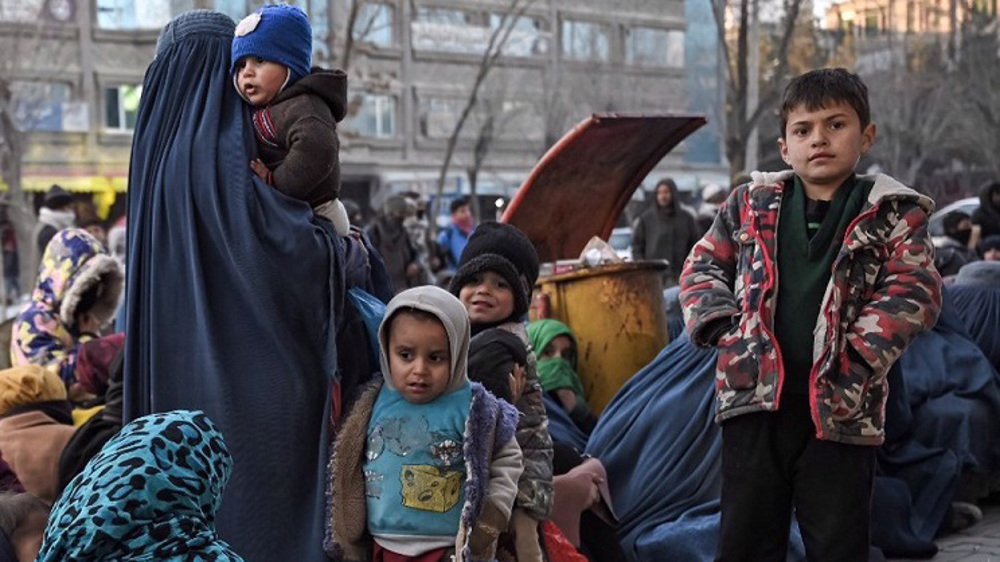
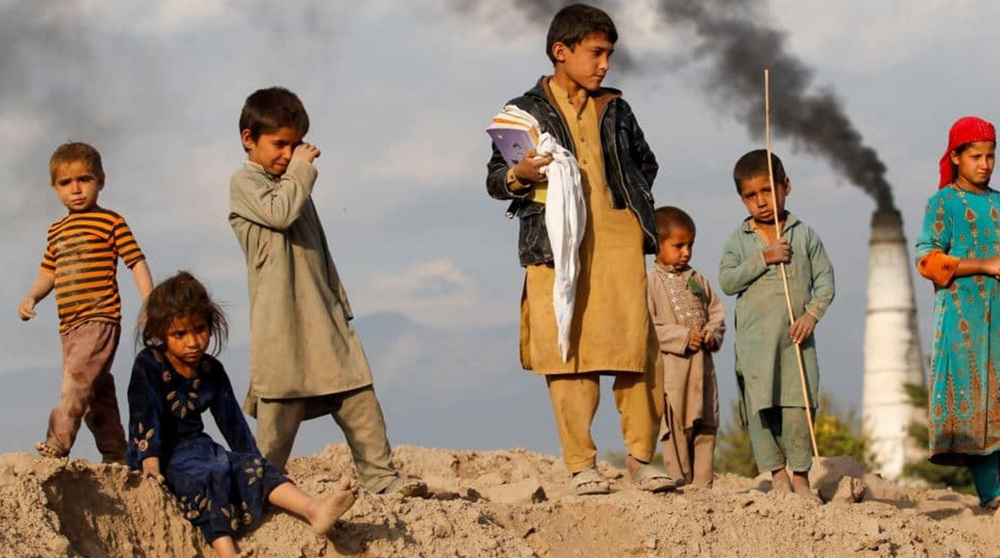
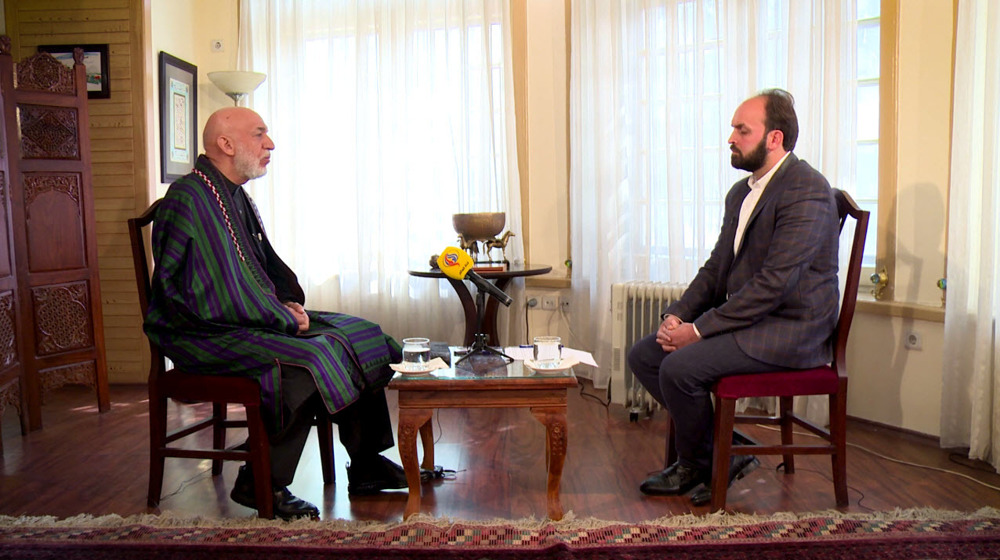

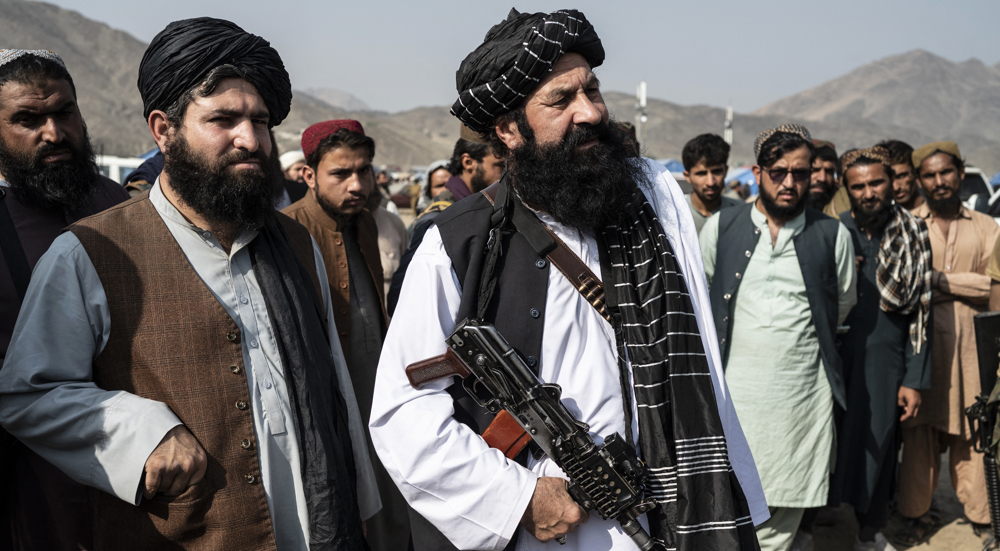





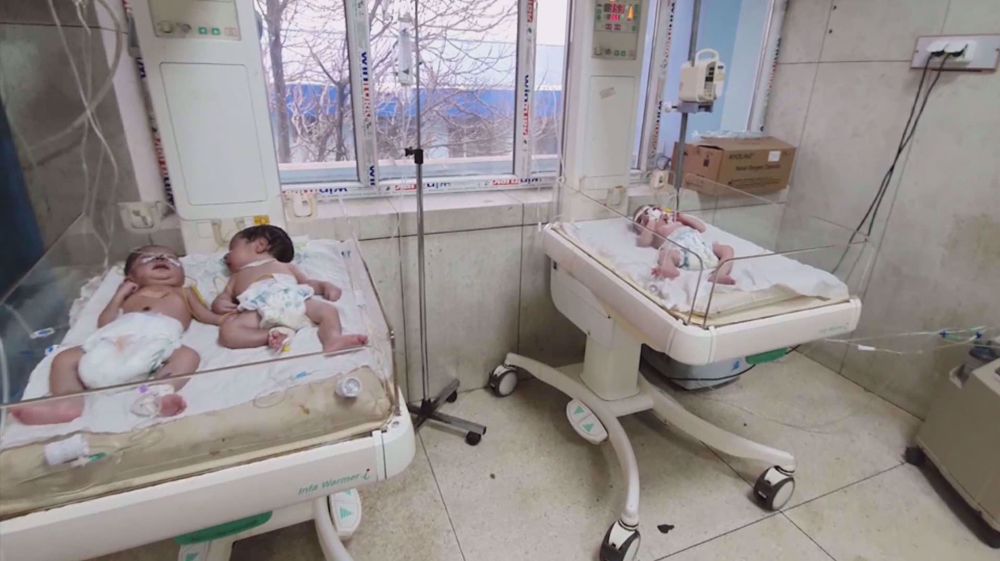
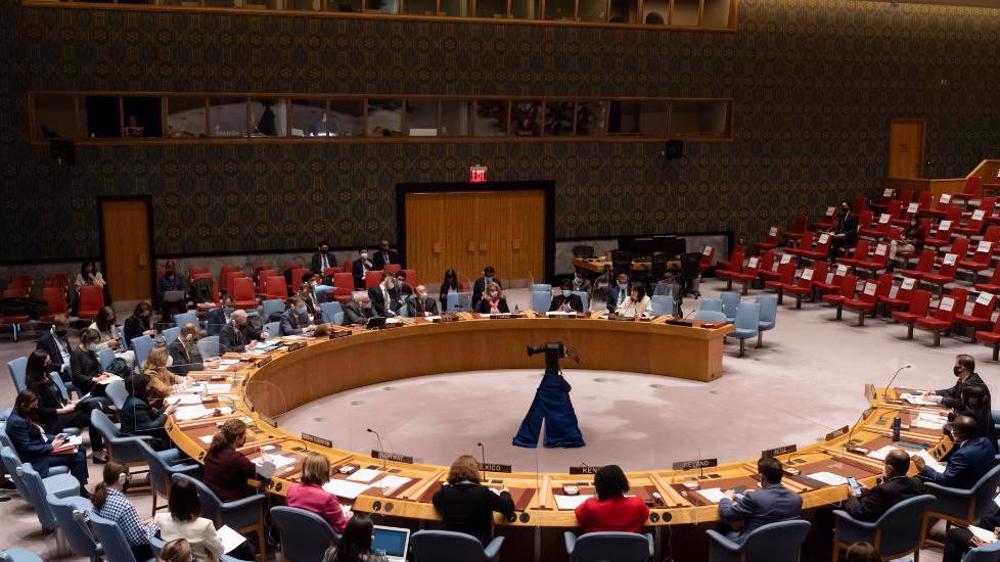
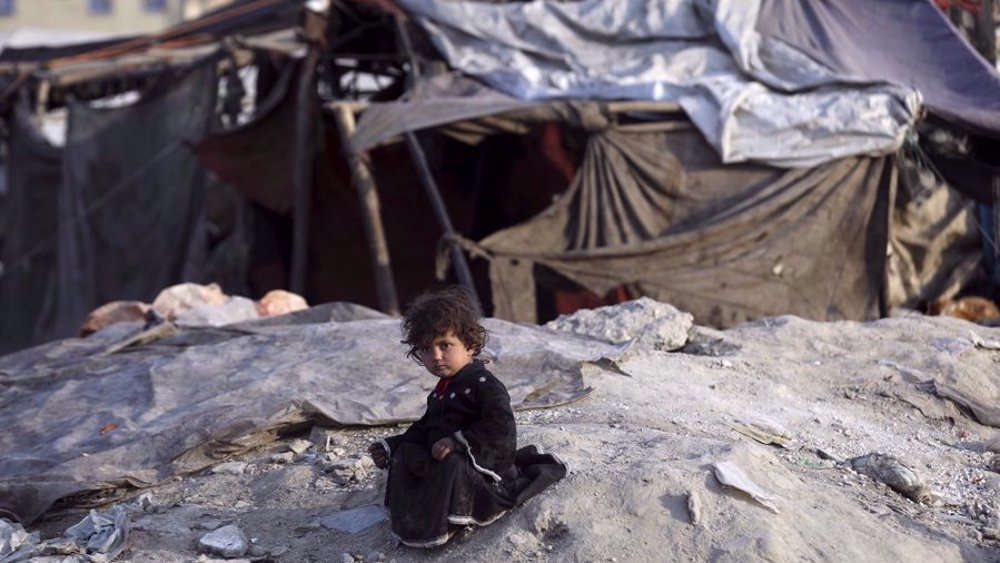
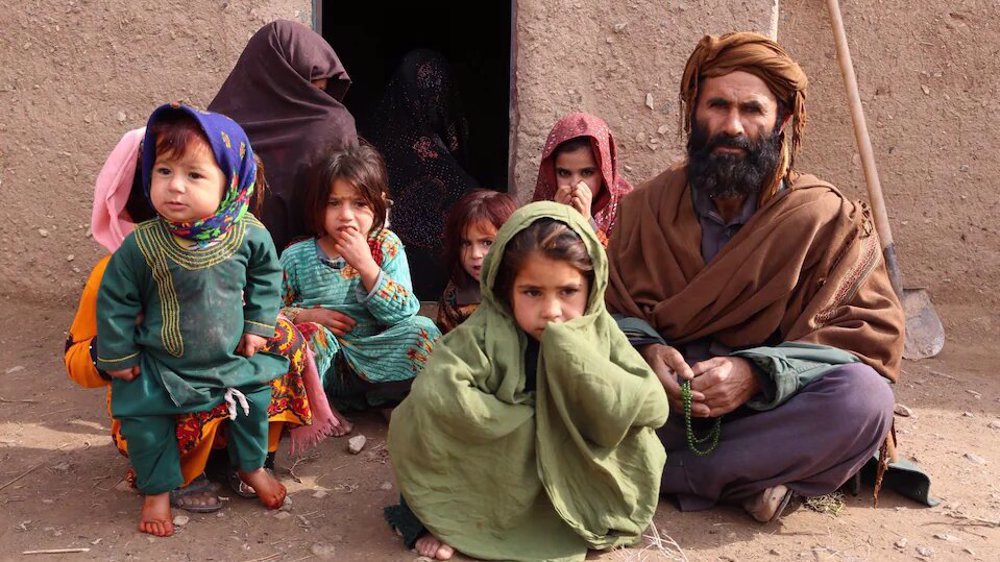

 This makes it easy to access the Press TV website
This makes it easy to access the Press TV website